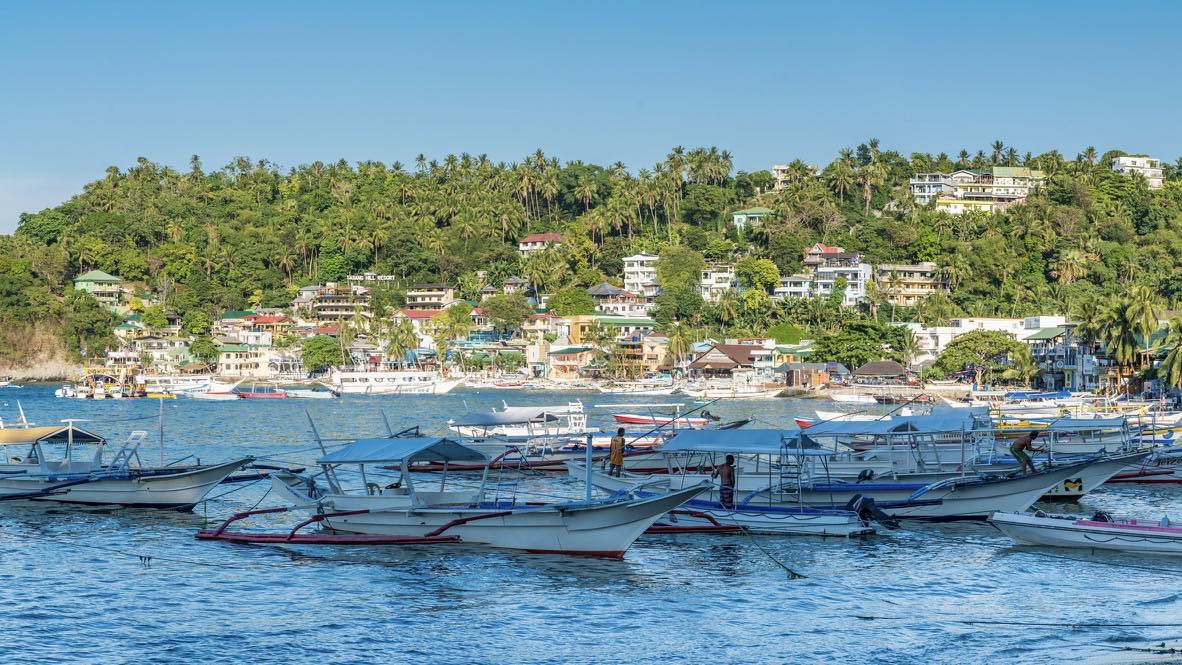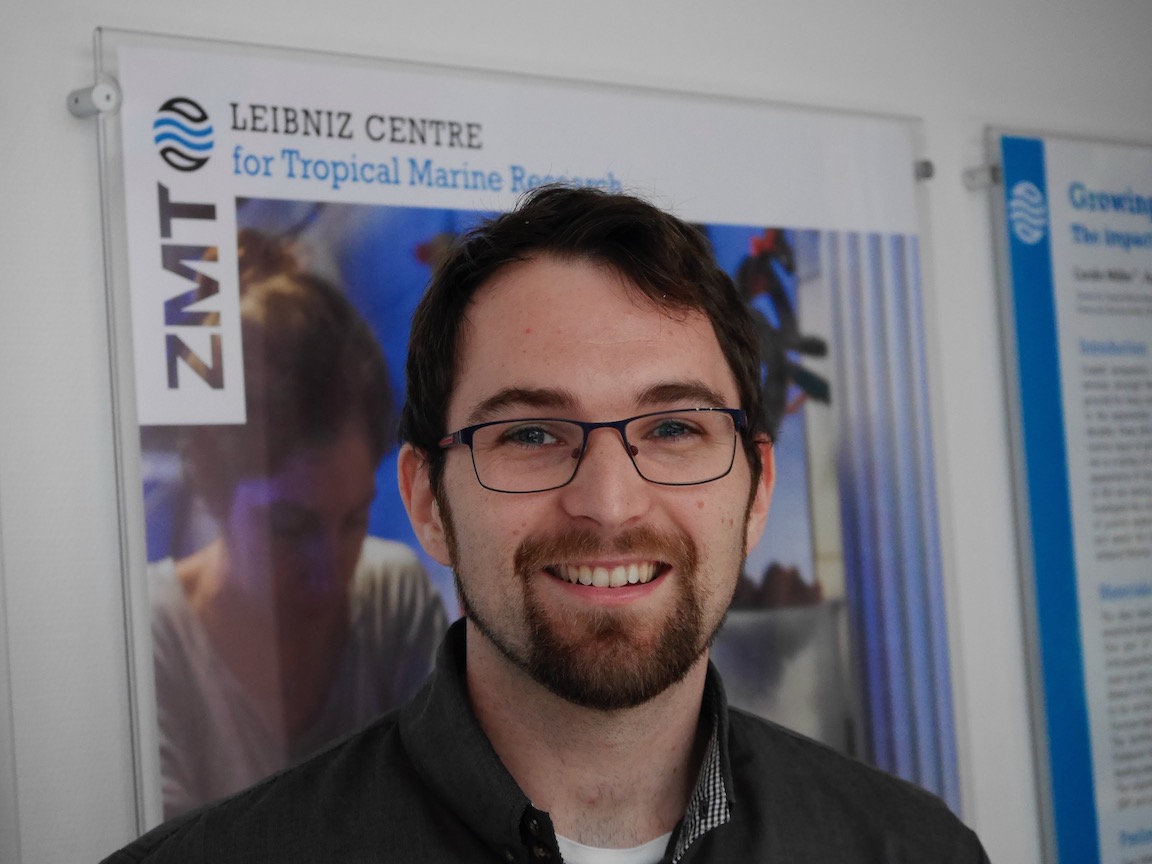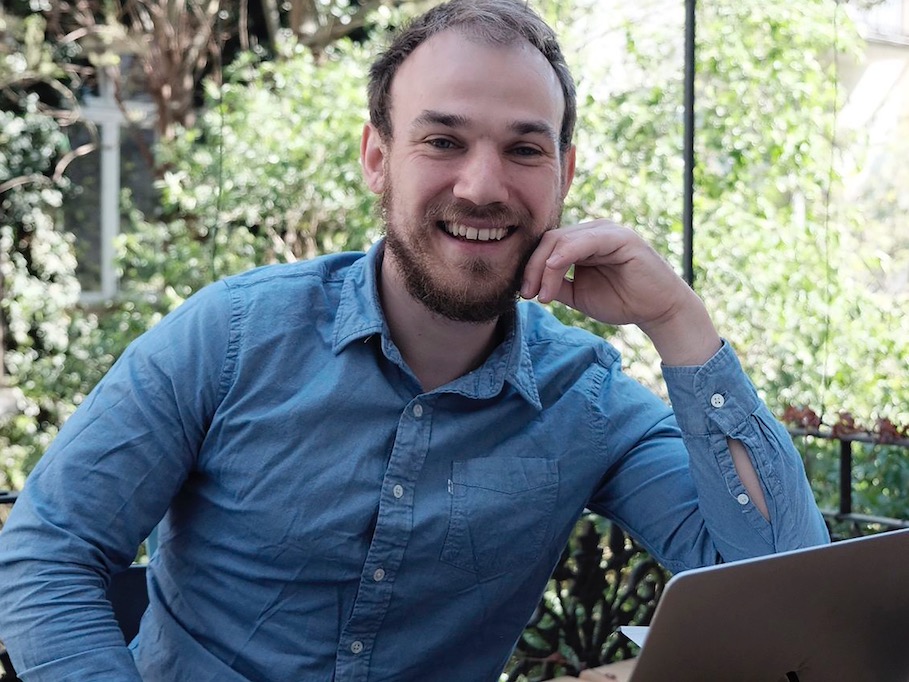
© Subphoto/Adobe Stock
Award-Winning Sustainability
Julian Engel and Dr. Georg Pesch have something in common: They are committed to a sustainable future. Engel does this as a marine biologist and Pesch as an engineer. They were honored this year for exactly that.
Both graduates of the University of Bremen recently received the “CAMPUS AWARD: Research for a Sustainable Future”. The award is usually handed over at a ceremony on campus. However, it had to be cancelled due to corona. That is why we want to honor both prize winners here and present their exciting research to you. If you want to nominate someone for this prize, then please do! The next nomination round begins in the winter semester.
Julian Engel wrote his master’s thesis in the frame of the “International Studies of Aquatic Tropical Ecosystems (ISATEC)” joint program at the Leibniz Centre for Marine Tropical Research (ZMT) and the University of Bremen. At the beginning of Julian Engel’s thesis was a fish: The pelagic thresher shark lives in depths that man rarely enters. Near the island of Malapascua in the Philippines, however, divers can observe the thresher shark at so-called “cleaning stations”, where small marine animals cleanse the shark from parasites.
As a top hunter, the thresher shark plays an important role in the local ecosystem, but the animals are increasingly threatened. Destructive fishing practices and overfishing are reducing the populations of thresher sharks and other fish species. Tourism is already exceeding capacity reports Engel. “There should therefore be alternative sources of income for local people, combined with a development towards eco-tourism that takes into account the various interests from fishermen to diving operators,” he says.

©Kellner-Stoll
In his master’s thesis at ZMT, he investigated the question of how to foster such a symbiosis on the island of Malapascua. During his interviews, the 30-year-old always focused on having a dialogue with all parties involved. After completing his research, Engel returned to the island to present his findings to fishermen and island administrators. His mission fell on fertile ground: Not least based on Julian Engel’s suggestion, the various stakeholders discussed the establishment of a marine protected area (MPA) around Chocolate Island in the southwest of Malapascua – a project that the “People and the Sea” organization continued to pursue. Parts of Julian Engel’s prize money are now going to Malapascua to support the local people whose tourist activities are affected by the corona crisis.
“What I associate with the award and my work above all is that we need interdisciplinary approaches to achieve sustainability goals,” says Julian Engel. “We must learn to listen to each other more and approach each other with understanding and affection in order to learn from each other.” Engel now works for the marine conservation organization “OceanMind” in England campaigning for sustainable fishing.
Better Recycling of Precious Metals
The prize winner Dr. Georg Pesch dealt with a topic from the field of process engineering in his dissertation. What is it about exactly? The sorting and selection of very small particles according to shape, material, or size from large quantities of material has so far been an unsolved task with grave consequences for the environment and negative effects on the complete recovery of precious metals from electronic waste. The same applies to the recovery of gold from valuable sludge or dust. This is ecologically concerning in light of the scarcity of resources and the effort that is often required to extract the precious metals using toxic additives such as mercury.

©Privat
A novel process is so-called dielectrophoretic filtration. It allows micro-particles to be sorted and is based on the effect of an electric field in which the particles are polarized. Prize-winner Georg Pesch describes this process in his doctoral dissertation and demonstrates its effectiveness. The results of his work make it possible to design a completely new separation apparatus that can perform a large number of previously unsolved, environmentally relevant separation tasks.Several companies have already shown interest in testing this technology in practice. Work is currently underway on a larger demonstration plant to limit the risks for a market launch. If everything goes well, an important contribution can be made to resource protection and improved resource utilization.
For Georg Pesch the award came as a surprise. “Ever since my bachelor’s degree, I have been convinced that process engineers have great skills to make the world more sustainable. But this should be taught even more consistently. The award for my dissertation therefore also has a great signaling effect.”
Further Information:
CAMPUS AWARD (in German only)
FOUNDATION FOR CLIMATE AND ENVIRONMENT (in German only)
Leibniz Centre for Tropical Marine Research
University of Bremen Alumni Association
About the CAMPUS AWARD
The CAMPUS AWARD honors outstanding theses written on the campus of the University of Bremen that are dedicated to the sustainable use of resources, the protection of the environment, the climate and the oceans. The award was established in 2016 and is presented once a year by the KELLNER & STOLL-FOUNDATION FOR CLIMATE AND ENVIRONMENT, the Leibniz Centre for Tropical Marine Research (ZMT), the University of Bremen, and the University of Bremen Alumni Association. It is endowed with a total of 3,000 euros. The Bremen companies ADLER Solar, REETEC and ecolo - Agency for Ecology and Communication support the CAMPUS PRIZE as sponsors.